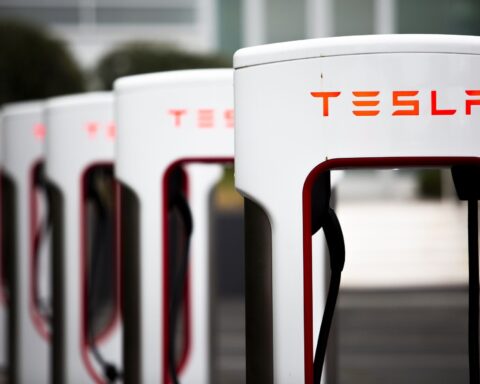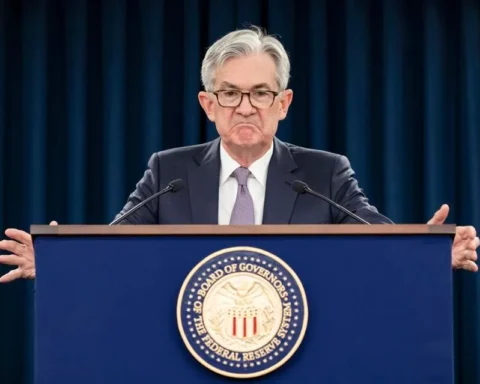Introduction:
In the ever-evolving landscape of international trade, policies and regulations are crafted with precision to safeguard national interests. A critical aspect of these measures revolves around technology, particularly microchips, which are pivotal components of various industries. However, recent insights from a former U.S. trade official shed light on a crucial oversight in these trade restrictions.
Unpacking the Microchip Conundrum:
The intricate dance of trade policies, especially concerning advanced technology like microchips, has been a focal point in the U.S.-China trade dynamic. The intention is clear: prevent the most advanced technological advancements from reaching China. Yet, a critical flaw lies in this approach, as highlighted by Sarah Stewart, former deputy assistant for environment and natural resources at the Office of the U.S. Trade Representative.
A Gap in the Armor:
Stewart’s observation draws attention to a gap in the existing policies. While stringent measures have been put in place to control the flow of cutting-edge microchips, there remains a significant oversight concerning outdated equipment. This oversight has inadvertently created a pathway for equipment makers to continue selling to China, circumventing the intended restrictions.
The Antiquated Equipment Loophole:
The focus on blocking access to advanced technology is commendable, given its potential impact on national security and economic interests. However, this narrow focus has allowed for a workaround. Manufacturers dealing in outdated equipment find themselves largely unaffected by these restrictions. This oversight raises questions about the efficacy of current policies and the need for a more comprehensive approach to regulating technology exports.
The Role of Sarah Stewart:
Sarah Stewart’s insights stem from her tenure as deputy assistant for environment and natural resources at the Office of the U.S. Trade Representative. Her expertise in trade dynamics and regulatory frameworks provides valuable perspective on the challenges facing policymakers in the realm of technological trade.
Moving Forward:
As the global landscape continues to evolve, it is imperative for policymakers to address the nuances of technological trade. Closing the gap that allows for the export of outdated equipment will be a critical step in fortifying trade policies. By acknowledging and rectifying this oversight, policymakers can work towards a more balanced and effective approach to safeguarding national interests in the realm of advanced technology.
ReadMore: Bridging the Stylist-Client Gap: ‘ReadyHubb’ Revolutionizes Booking Experience














